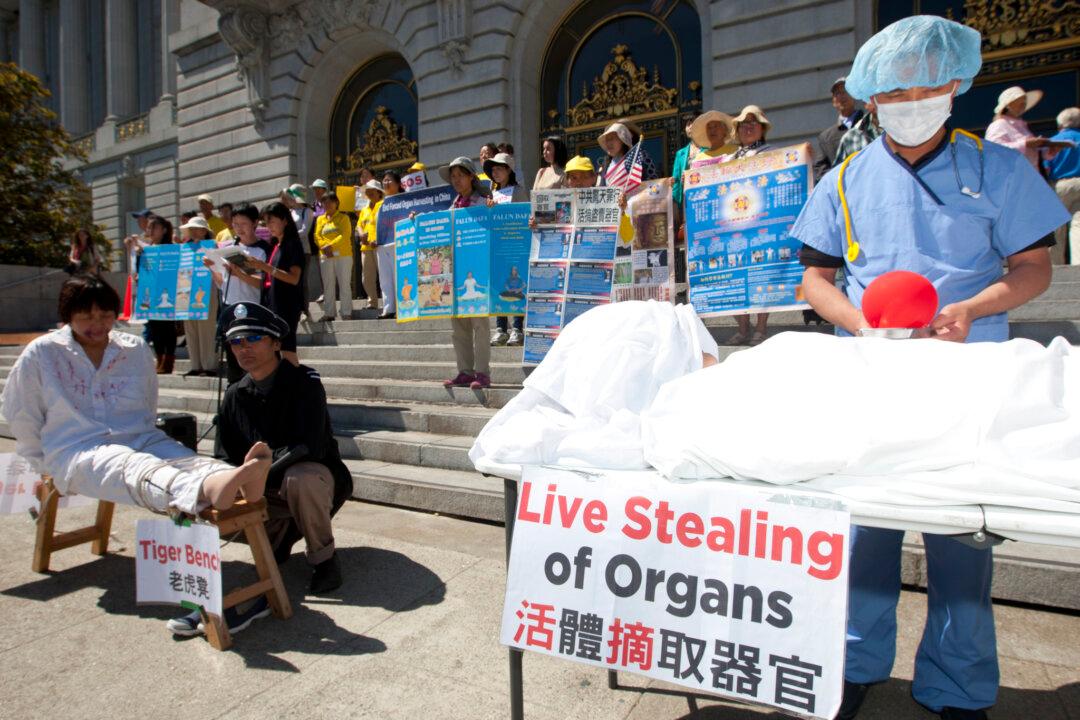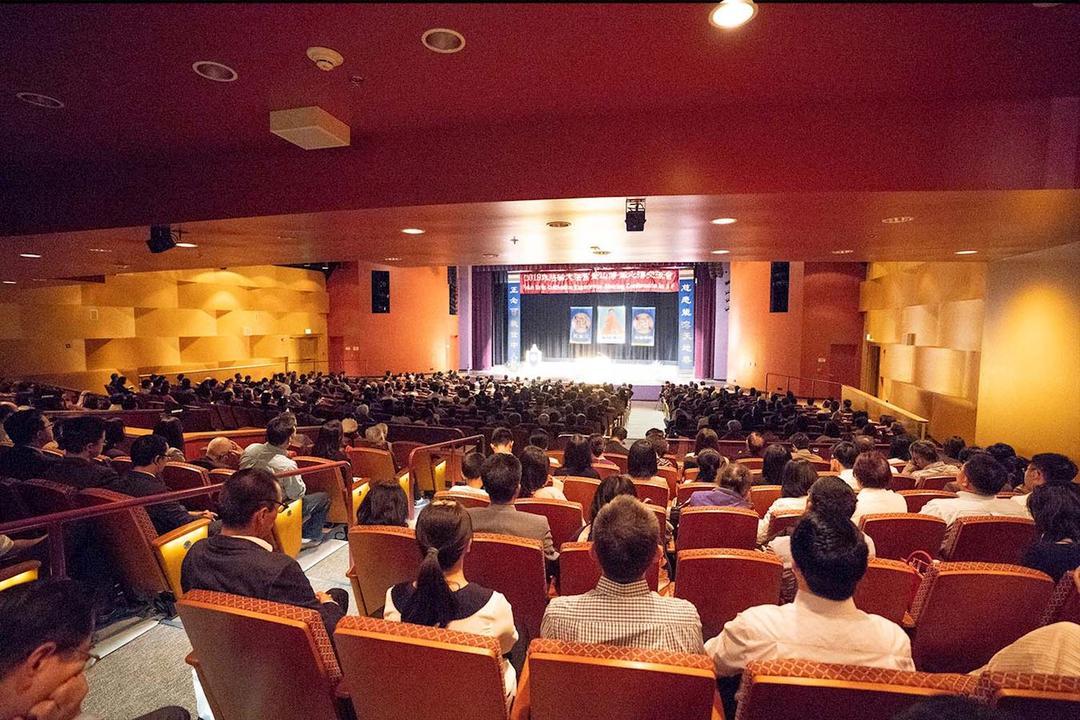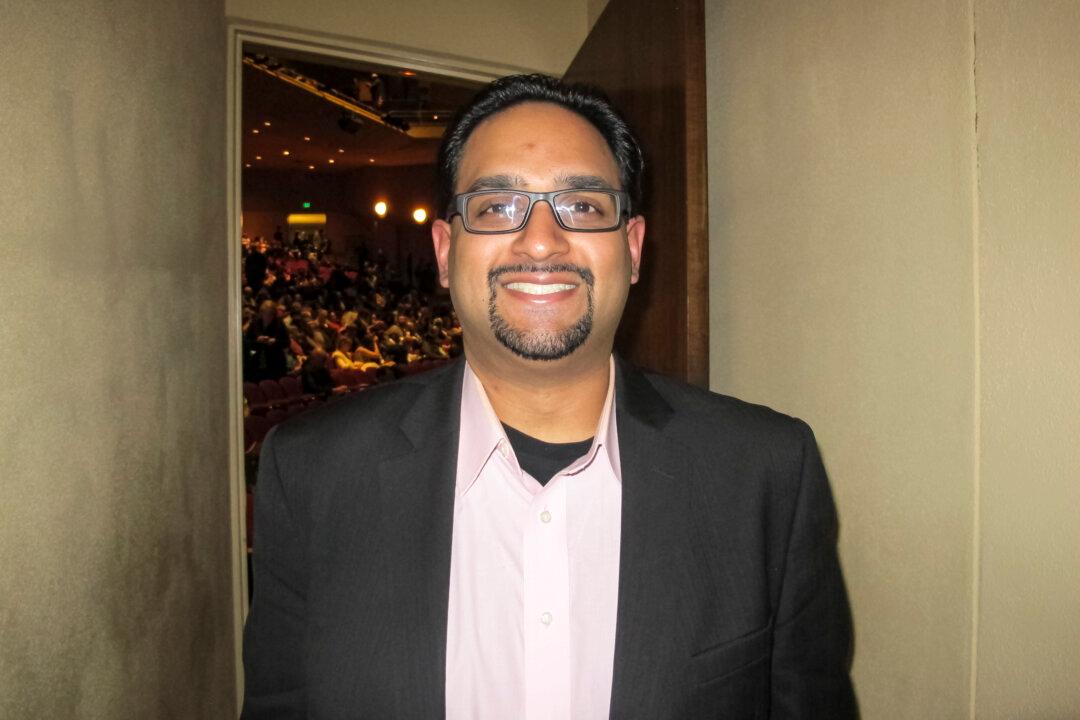Eyewitnesses who narrowly escaped forced organ harvesting in China gave testimonies at a press conference in San Francisco to support House Resolution 281.
The resolution aims to stop the Chinese regime’s practice of killing prisoners of conscience and taking their organs for transplants. The press conference, held at San Francisco City Hall on Sept. 5, was to urge Bay Area Congress representatives to co-sponsor the resolution.
H. Res. 281 also intends to warn U.S. citizens who are going to China for a transplant that their organs may come from prisoners of conscience.
Although the Chinese communist regime does not admit to using the organs of these prisoners, investigators from around the world have concluded that tens of thousands of Falun Gong practitioners, Tibetans, House Christians, and other religious and ethnic minorities have been killed on demand for their organs.
Human rights activists, near-victims of organ harvesting, and representatives of Doctors Against Forced Organ Harvesting (DAFOH) all gave statements at the conference.
Da Fang, a Falun Gong practitioner who was imprisoned in China, reported that she was severely tortured with electric batons and then given a blood test.
“The police said they were going to give me a physical exam. I replied that my health was fine, there was no need for a checkup, but they still forcefully drew three syringes of blood from me. Then I was given an X-ray along with urine and other tests.”
After her release from prison, she learned about organ harvesting and realized the reason for this puzzling behavior: “It was for blood and tissue profiling so they could kill me and take my organs should a matching wealthy recipient be found.”
Another practitioner, Litong Shi, said that detained practitioners who refused to give their names and addresses were sent away for “physical examinations.” Later she realized they must have become victims of organ harvesting.
Baoyun Li reported that in 2004 she was illegally detained at a prison where they hung her up by her arms and shocked her with electric batons in an attempt to force her to renounce her faith in Falun Gong. They also gave her blood tests. Finally, she escaped China and found her way to the United States.
“I am grateful to the U.S. government and the American people for helping me,” Li said. “I appeal to all elected officials and the public: please take courage and support goodness and justice!”
“The international society exposed the illegal organ harvesting issue back in 2006,” said Vivian Lan, another near-victim. “Yet the evil crime continues. Can you keep your silence?”
A statement from DAFOH commented on the Chinese regime’s recent promise to gradually “phase out” organ harvesting from prisoners: “We feel the international community should not be willing to accept the phasing-out promise, especially when China has failed to keep many such promises in the past.”
“A doctor in the West would not be allowed to gradually phase out a practice that he was committing if it were considered a crime; he would lose his license immediately,” the statement continued.
Other countries around the world, including the United States, have taken action against organ harvesting, the DAFOH statement explained. For example, Spain and Israel have passed laws preventing their citizens from going to China for organ transplants.
“Resolution H. Res. 281 is not just about China,” the press release for the conference stated. “It will help our country’s doctors, training hospitals, universities and pharmaceutical companies avoid becoming accomplices to this most heinous crime against humanity.”
H. Res. 281 was introduced on June 28. By Aug. 1 there were 88 Congress representatives co-sponsoring it, and Congress will be back in session on Sept. 9.




